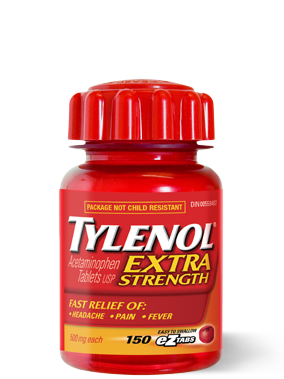A 2004 study published in the journal Oncogene [2] found that turmeric was an effective alternative to the drugs; aspirin, ibuprofen, sulindac, phenylbutazone, naproxen and diclofenac and the like, generally considered NSAID's (non-steroidal anti-inflammatories).

Turmeric does not just fight pain and inflammation, it does so much more. [3]
Simple root, Profound action
Most researchers agree that the turmeric’s profound healing abilities can be traced to its powerful anti-inflammatory action.
Full-spectrum turmeric (whole root, as opposed to an isolated curcumin extract) is especially effective because it operates by both mechanisms of anti-inflammatory action.
Most anti-inflammatory foods, work in one of the following ways...
1. They neutralize free radicals in the body which causes inflammation, with a flood of antioxidants or
2.
They stop the body from producing the chemicals that initiate
inflammation in the first place (this is how aspirin and OTC pain meds
work)
What is unique about turmeric is that it combats inflammation through both of these mechanisms....
simultaneously! Its multi-pronged approach allows it to work wonders
for aches, pains, and arthritis (by stopping inflammation at the
source), while also strongly supporting the immune system with
antioxidants.
Nearly all diseases and ailments can be
traced back to inflammation and oxidative stress…it appears there’s
almost nothing that turmeric can’t help.
Not all forms of turmeric are created equal…
 Most
of the turmeric supplements you see in stores come in the form of
encapsulated powders. Many are just the isolated curcuminoids and as we mentioned above the whole root, with complimentary components appear to be most beneficial.
Most
of the turmeric supplements you see in stores come in the form of
encapsulated powders. Many are just the isolated curcuminoids and as we mentioned above the whole root, with complimentary components appear to be most beneficial.
The truth is with turmeric powder you may be getting very little actual benefit. Turmeric powder has a fairly low bioavailability
(meaning that a good portion of it isn’t properly absorbed by your
body), it often isn’t very fresh, and it’s sometimes made with harsh
processes that can destroy or degrade turmeric’s healthful components.
Our recommendation; buy a quality, full spectrum (whole root) supplement or what my family prefers is buying fresh whole root and grate it ourselves as needed. You can crush it or grind it, we purchased an inexpensive "micro grater", it works wonderfully and easy to clean up. You can also use it for other root foods like garlic and ginger. It can be difficult to find turmeric root in smaller communities and expensive when you do find it in major chain grocery stores. We have great luck at Asian markets. Most usages in cooking or dosing call for a teaspoon or less.
Through experimentation our family has learned to use it in a number of home cooked dishes. We also enjoy "Golden milk" or "Turmeric tea". By using turmeric in these ways you can also increase its bioavailability (absorption). Studies have found that absorption of turmeric components can be increased by either heating the ground up root, adding healthy fats or adding black pepper. Golden milk can do all three.
So, save your liver and kidneys from the abuse of NSAID use and consider giving turmeric a try. Aside from the pain relieving properties tumeric has also been found to protect the brain, repair the liver, protect the heart after surgery, helps asthma patients and the list could go on and on. Turmeric has been found to be as effective as 25 drugs, without the side effects.
References:
1. Analgesic Efficacy and Safety of Curcuminoids in Clinical Practice: A Systematic Review and Meta-Analysis of Randomized Controlled Trials: Pain Med. 2015 Dec 14. Epub 2015 Dec 14. PMID: 26814259
2. Green Med Info: greenmedinfo.com/blog/science-confirms-turmeric-effective-14-drugs
3. Zingiberaceae extracts for pain: a systematic review and meta-analysis: Nutr J. 2015 ;14:50. Epub 2015 May 14. PMID: 25972154


